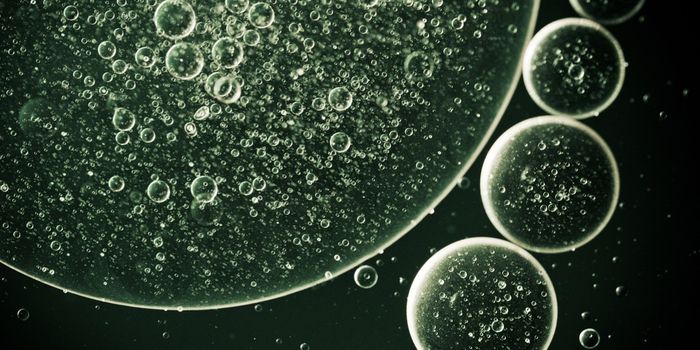Changing cell pH to block pancreatic cancer
New research published in Cancer Discovery suggests that manipulating the pH of pancreatic cancer cells can deter cell growth. The study was conducted by scientists at Sanford Burnham Prebys.
"Pancreatic cancer is predicted to soon become the second-leading cause of cancer-related deaths in the U.S.," says Cosimo Commisso, Ph.D., an assistant professor in Sanford Burnham Prebys' NCI-designated Cancer Center. "Given that the five-year survival rate for people newly diagnosed is less than 10%, it's crystal clear that we need better therapies--and finding new cancer targets can help us tailor treatments and possibly save the lives of many more patients."
The researchers were interested in a particular ion transport protein, known as NHE7. "Our study suggests that interfering with cellular pH represents a new therapeutic avenue to treat pancreatic cancer, one of the deadliest cancers for which there is currently no effective treatment," says Commisso. "We have shown that a sodium-hydrogen exchanger called NHE7 plays a significant role in pancreatic tumors, and by suppressing it, we can promote cancer cell death."
The idea is to deplete NHE7 to the point that the pH within a cancer cell is disrupted and its metabolic pathways are affected. NHE7 is crucial for transporting ions, exchanging hydrogen ions with sodium ions in order to keep internal cell pH equilibrium. This protein is especially important for cancer cells, which because of their overactive metabolism, overproduce acid that must be eliminated from the cell. But…thought the researchers…if NHE7 isn’t there to do its job…
"We hypothesized that the increased acid production that occurs in tumor cells could be harnessed as a therapeutic vulnerability, so we looked for a strategy to specifically target this," says first author Koen Galenkamp, Ph.D. "By mining a number of pancreatic cancer databases, we found that NHE7 levels were higher in tumors compared to normal pancreas, and highest in the tumors of patients with the poorest prognoses. This led us to test if we could make pancreatic cells vulnerable by disabling or eliminating NHE7 to undermine the alkaline cytoplasmic pH they require to stay fit."
Their findings concluded that suppressing NHE7 successfully lowers the pH of the cell's cytoplasm, resulting in apoptosis. They also showed that suppressing NHE7 in mice with human tumors caused tumors to shrink or completely halt growth.
Commisso adds, "This study illustrates the potential to target pH balance as an approach to combat pancreatic cancer. Our next step is to work with the Conrad Prebys Center for Chemical Genomics--the drug discovery facility at our Institute--to find ways to disable NHE7 and limit the Golgi's ability to sequester acid. If successful, cancer cells would be unable to maintain the proper pH that they need to grow."
Sources: Cancer Discovery, Eureka Alert









